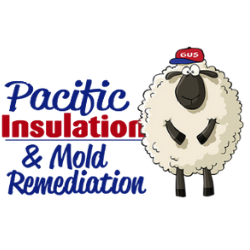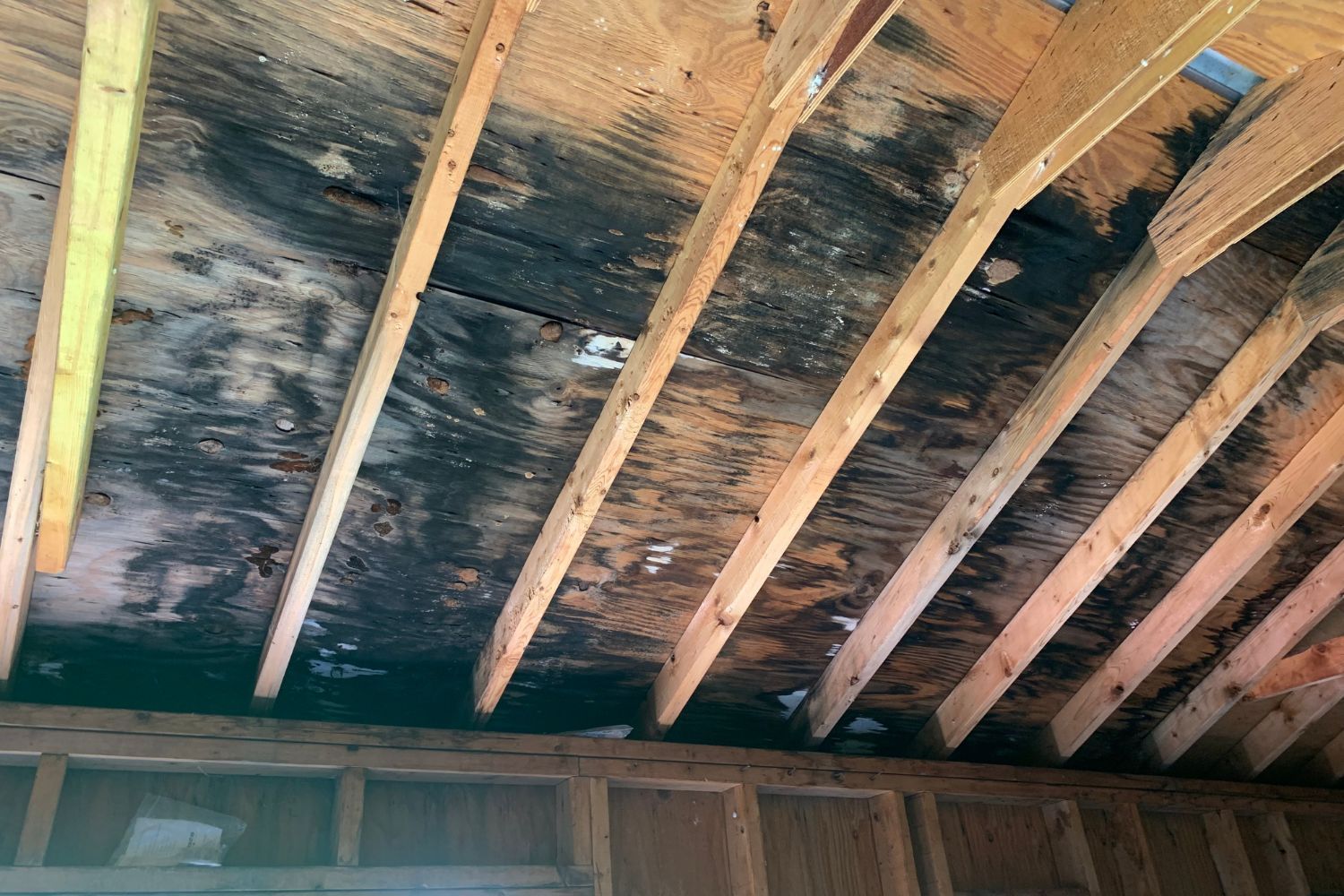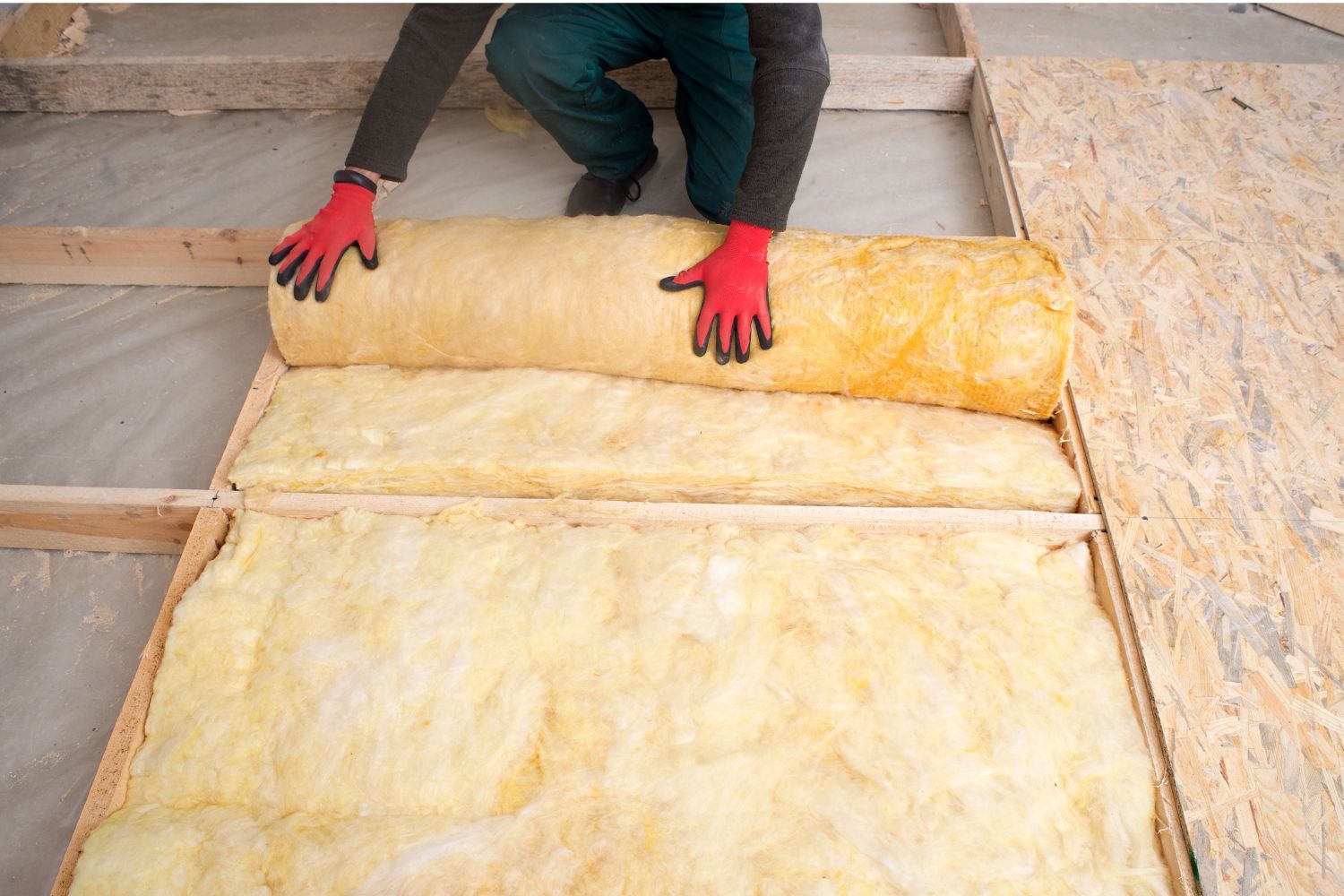Mold Remediation Services in Spokane, WA
Protect Your Home from Hidden Mold. Get expert mold remediation, attic insulation removal, and ventilation upgrades from Spokane's trusted team.
Why Mold Remediation Matters
Mold isn't just unsightly—it can silently damage your home and impact your health. Mold spores thrive in damp, poorly ventilated spaces like attics and crawlspaces, where insulation traps moisture and becomes the perfect breeding ground. If left untreated, it can compromise indoor air quality, trigger respiratory issues, damage wooden structures, and even reduce your home's energy efficiency.
Mold Services We Offer
Explore our targeted solutions to address every stage of the mold remediation process:
Insulation Removal
We safely remove old, damaged, or mold-contaminated insulation using commercial-grade equipment and full containment procedures.
Mold Treatment
Surfaces are treated with EPA-approved solutions to neutralize mold, prevent regrowth, and protect your air quality.
Ventilation Upgrades
We improve airflow in attics and crawlspaces to control moisture, prevent mold, and extend the life of your insulation.
Insulation Installation
After remediation, we install mold-resistant insulation materials to restore comfort and long-term protection.
Local Experts You Can Trust
We’re based in Spokane and specialize in mold and insulation issues common to the Inland Northwest. Our techs use commercial-grade equipment, follow EPA safety standards, and document every job from start to finish. As a licensed and family-owned business, we’re committed to keeping our community healthy and homes structurally sound.
Worried About Mold?
Let’s Fix It Fast. Get an expert inspection today—no pressure, just honest answers.





